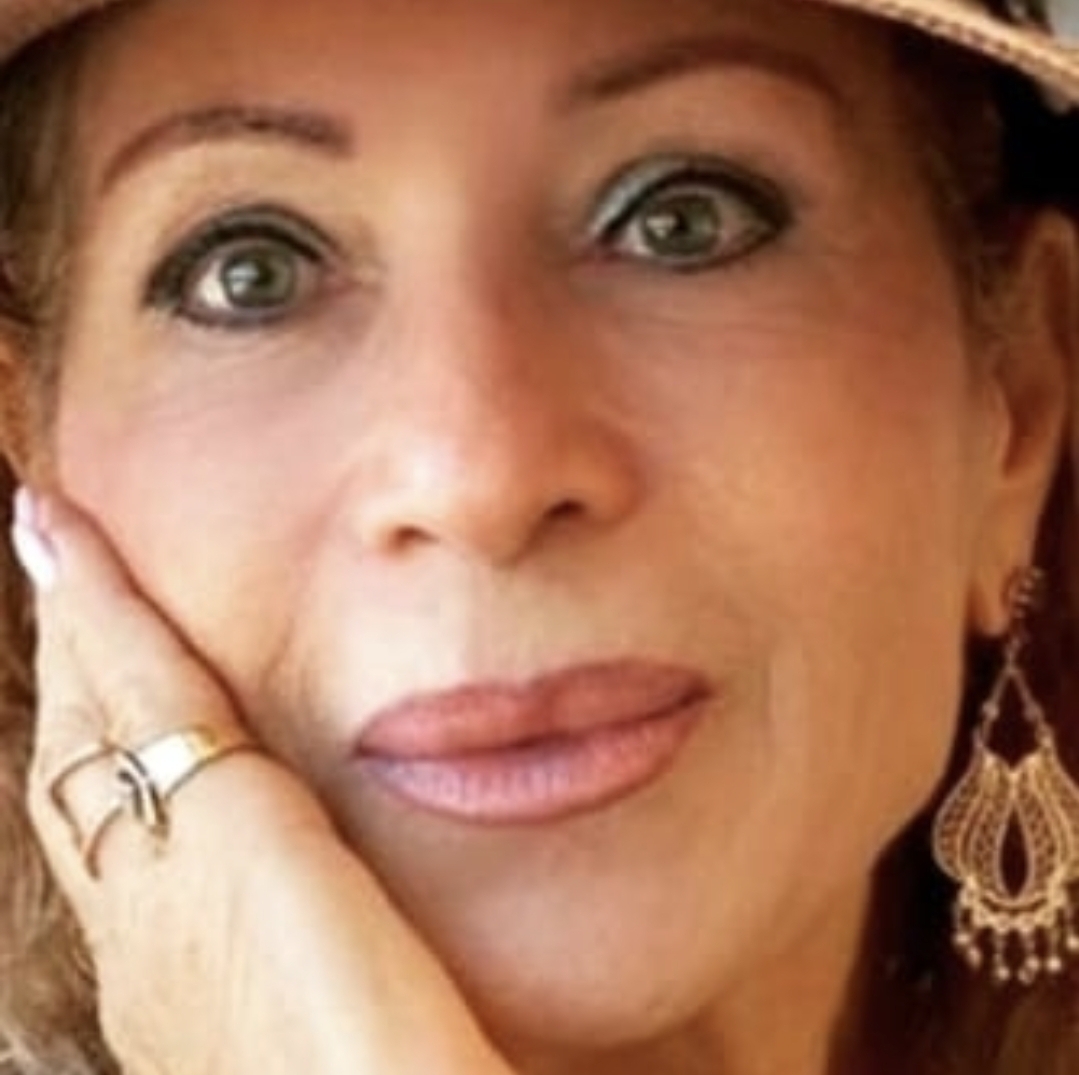“Without memory, there is no culture. Without memory, there would be no civilization, no society, no future” - Elie Wiesel
“Memory is deceptive because it is coloured by today’s events.”
– Albert Einstein
“To be a Jew is to know that over an above history is the task
of memory” – Rabbi Jonathan Sacks
The command to remember is an important pillar
in our Jewish tradition. “The imperative of the Hebrew word zachor,”
asserts David Pillegi, “is mentioned more than twenty-five times” in the Tanach
(Jerusalem Post, March 29,2012). The Jewish year, accordingly, is mottled with
many memorial days, national and private.
One of my favourite modern Yisraeli poets, Yehudah Amichai (May 3, 1924 – September 22,
2000), also, dwells on the notion of memory. “The world is filled with remembering
and forgetting,” he writes. Amichai likens memory and forgetfulness to “dry
land” and “sea” as metaphors to our duplicate realities which, he believes, are
elements of our existence. “Dry land,” he suggests, is the memory of our
starting point, our past, the anchor that keeps our
feet secure on the ground. The “sea” is a metaphor for the unknown that awaits
us in the days ahead. It is an unpredictable zone where we sail into the future
in our desperate effort to hold on to forgetting memories, the ones that
threaten to overwhelm, drown our essence in their torrent and prevent us from
forming a future. Only those who have a stable dock on dry land, suggests
Amichai, have some firm fulcrum, to which they can return to and safely resume
their daily routine.
Though our Jewish heritage
prizes memory, I must admit that in my many years of interaction with Jewish
communities around the world, I have encountered, on more than one occasion,
the desire to forget and consciously erase our bad memories. Many Jewish
parents want to spare their children the exposure to dark chapters in our
history for fear that such a disclosure might affect them emotionally.
One example that comes
to mind is during the time that I lived in New Zealand. I was once asked to
conduct the Passover Seder at some friend’s house. All went well
until I got to the part where the ten plagues were mentioned. When I reached
the tenth one, where the first-born son of every Egyptian family was smitten,
the father stopped me and said, “we don’t talk about death to our children…..”
I was dumbfounded. Though I understood that the father’s silence and the
temptation to forget, stemmed from concern, at the same time, I felt that it
created a distortion. How could anyone not mention this very constitutive and cardinal
act in our Jewish history? Can we raise a new generation without exposing it to
the painful segments of the story?
This, however, is not
merely a matter of a private case. Throughout history, many Jews elected to
forget. That choice was the product of the yearning to prevent trauma and the
wish to enable a future for their children.
Regrettably, though, it has always been at the cost of sacrificing the vital
role of memory.
Jewish culture puts
memory at the center of our collective identity. The Talmud (Yoma
56,1) teaches us that authentic remembering of events, good and bad, is the
first move towards tikkun, improvement. Rabbi Nachman Bar Yitzchak, similarly,
suggests that genuine memory leads towards action and change (Kiddushin
40, 2)
The horrors of the Shoah,
a more recent sad episode in our People’s history, which happened eighty years
ago, is another example of such a tendency. Sadly, quite a few Jews, both in
Yisrael and elsewhere, spare details of that chapter from their children again,
for fear of the impact it might have on their emotional well-being.
More recently, Yisrael
has experienced one of the most horrific pogroms since the Shoah. I am
referring to the massacre that took place close to two years ago on the Holy Day
of Simchat Torah, which is better known by its Gregorian calendar date
as, October 7th, 2023. Despite the fresh memories of this bloodbath,
many, including adults my age, refuse to see footage of the carnage or listen
to the testimonies of its survivors.
This discrepancy
between the necessity to remember and the wish to forget, between the “dry land”
and the “sea,” as we have witnessed, engaged Amichai. In another poem, he
offers yet another metaphor. This one is in the form of a “dam.” This “dam,” implies Amichai, stands for the
present tense, the stage in which we are. Just like a dam which controls the
flow of water, Amichai’s “dam” allows us to release or block the flow of memory
between the “dry land” and the “sea.”
It is at this point that the quote by Einstein, above, is brought
into play. If the control over this “dam” is subject to our emotional and
political agenda or is “coloured by today’s events,” in Einstein’s words, it
might reshape the past not in accordance with historical facts, but by the
demands of the present. Should we redraw our past? Should our “coloured”
present determine which parts of our past be remembered or perhaps suppressed?
What should be the fate of painful, yet essential and identity defining chapters
in our history?
Memory is not merely what we choose to remember. Rather, it is the
courage not to forget. Remembering forward requires of us, as Jews, to preserve
the past, the good and the bad, without granting us the permission to rewrite
it.


